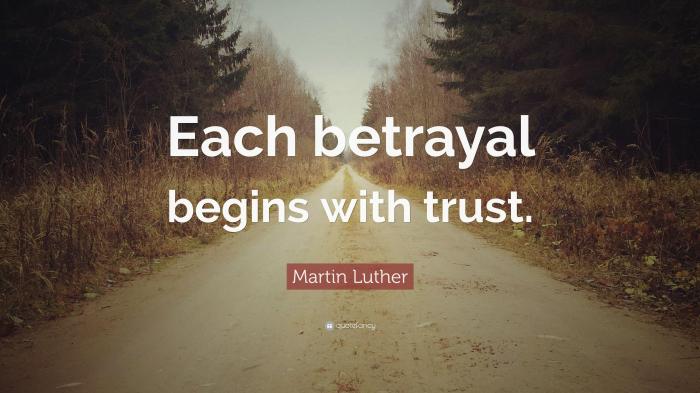This word best describes the victimization impact of white-collar crime: devastating. White-collar crimes, such as fraud, embezzlement, and insider trading, inflict profound and multifaceted harm on victims, leaving lasting scars that extend beyond financial losses.
The economic consequences of white-collar crime can be catastrophic, with victims losing their life savings, investments, and livelihoods. The psychological trauma is equally severe, leading to anxiety, depression, and post-traumatic stress disorder (PTSD). Moreover, white-collar crime erodes trust in institutions and the community, creating a sense of social isolation and stigma for victims.
Financial Impact: This Word Best Describes The Victimization Impact Of White-collar Crime:

White-collar crime inflicts severe economic losses on victims, leaving them with devastating financial consequences. Victims may lose wages, savings, and investments, leading to financial insecurity and bankruptcy. For instance, the Bernie Madoff Ponzi scheme defrauded thousands of investors, resulting in losses exceeding $65 billion.
Emotional and Psychological Impact
Victims of white-collar crime experience profound psychological trauma, including anxiety, depression, and post-traumatic stress disorder (PTSD). The betrayal of trust and violation of personal boundaries can shatter self-esteem and damage relationships. Studies have shown that victims often struggle with sleep disturbances, flashbacks, and difficulty concentrating.
Social Impact
White-collar crime can lead to social isolation and stigma. Victims may feel ashamed or embarrassed, causing them to withdraw from social interactions. The erosion of trust in institutions and the community can further isolate victims and make it difficult for them to seek support.
Legal and Justice System Impact, This word best describes the victimization impact of white-collar crime:
Victims of white-collar crime often face challenges in seeking justice and compensation. Complex investigations and prosecutions can delay resolution, while victims may struggle to navigate the legal system. Moreover, the high burden of proof in white-collar crime cases can make it difficult to hold perpetrators accountable.
Prevention and Mitigation Strategies
Preventing white-collar crime and mitigating its impact on victims requires a multi-pronged approach. Education and awareness campaigns can help reduce opportunities for crime, while strong regulation and law enforcement can deter potential offenders. Victims should have access to support services, including counseling, financial assistance, and legal representation, to help them cope with the trauma and rebuild their lives.
Question & Answer Hub
What is the most common type of white-collar crime?
Fraud, including identity theft, credit card fraud, and investment scams.
How can victims of white-collar crime get help?
Contact law enforcement, seek legal assistance, and connect with victim support organizations.
What are the long-term consequences of white-collar crime?
Financial instability, emotional trauma, social isolation, and loss of trust.

